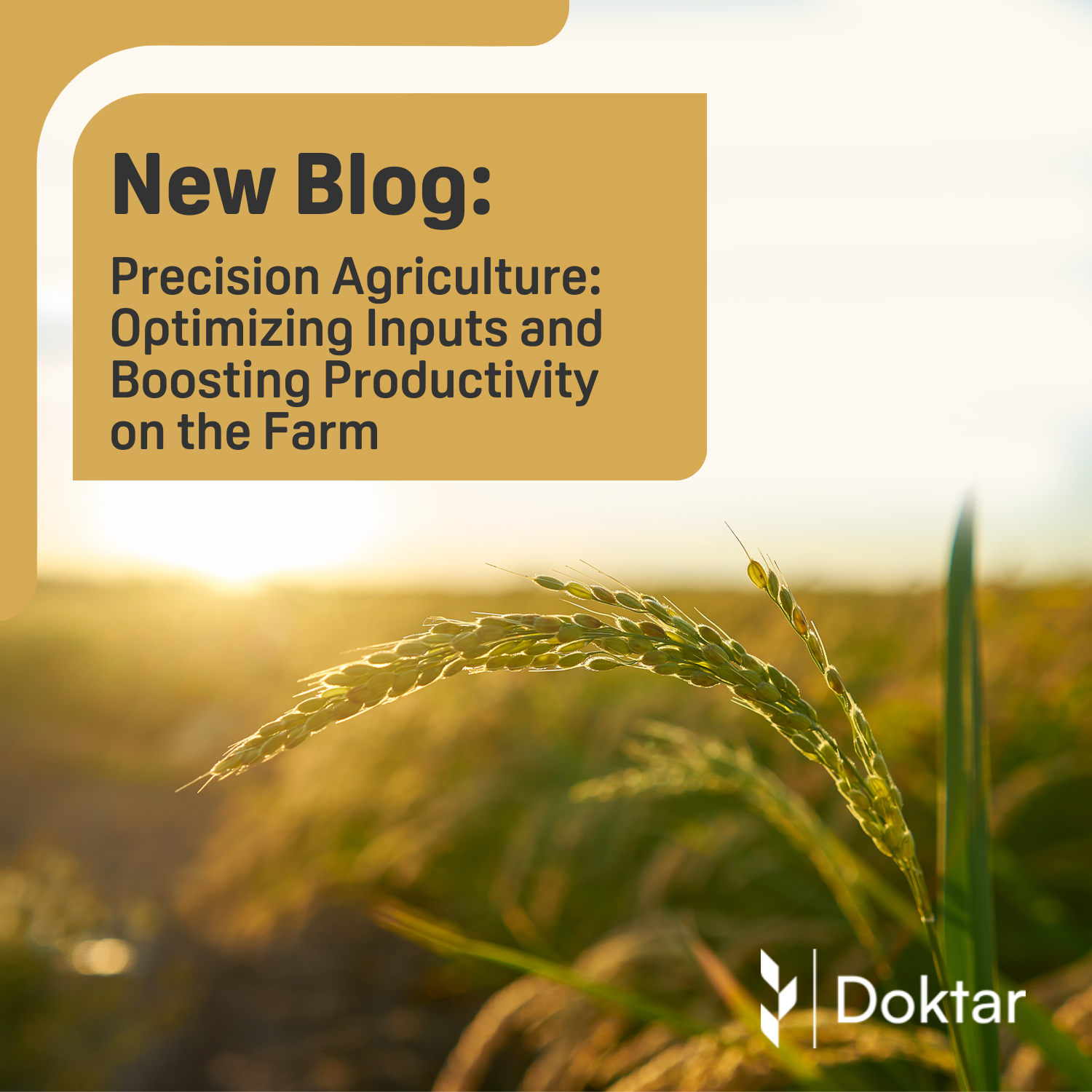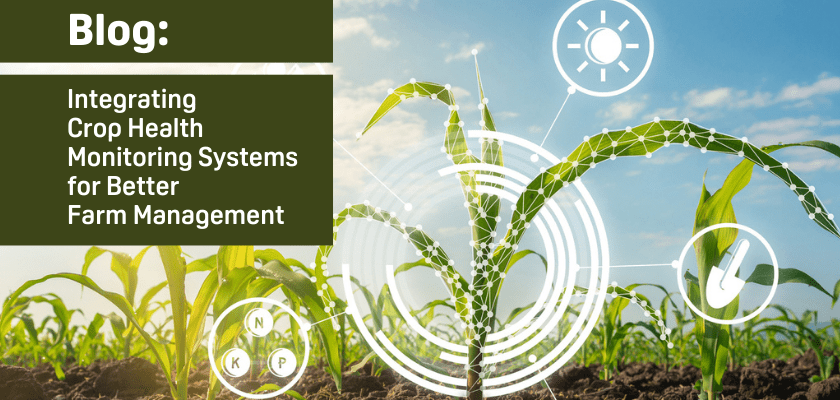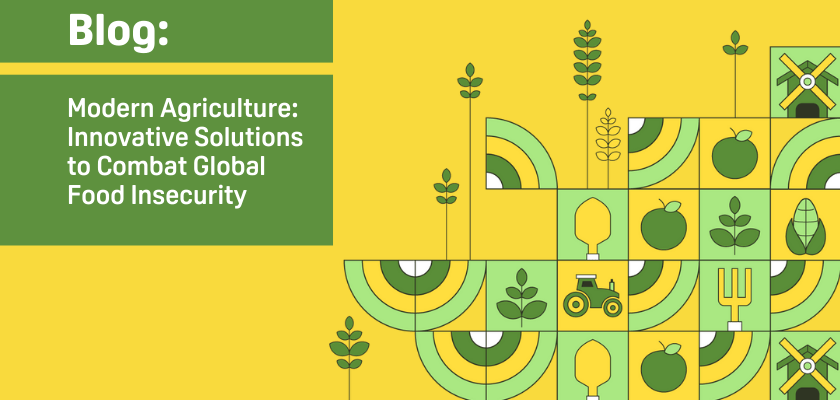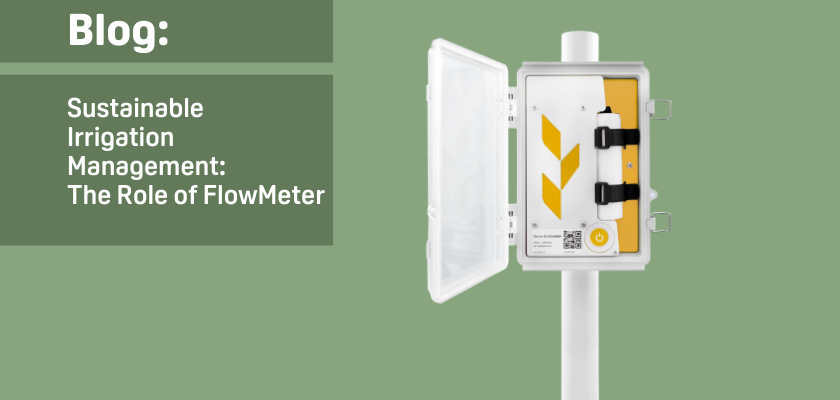

Precision Agriculture: Optimizing Inputs and Boosting Productivity on the Farm
Precision agriculture is a data-driven farming approach that uses technology to monitor and optimize crop management. It increases yields, reduces input waste, and minimizes environmental impacts. Key technologies include IoT sensors, satellite imagery, and AI. Tools like Doktar's CropMap, Orbit, and Filiz support this method for sustainable farming improvements.
Published on 03 October 2024
In recent years, precision agriculture has emerged as a revolutionary farming approach that leverages advanced agriculture technology to optimize resource use and boost crop production. This modern farming technique has transformed traditional agriculture into highly efficient, sustainable farming practices and data-driven systems. By enabling farmers to monitor and manage their crops with incredible precision, precision farming increases productivity, reduces waste, and minimizes the environmental impact of crop farming. In this blog post, we explore the concept of precision agriculture, the technology that powers it, and its effectiveness in modern agriculture.
What is Meant by Precision Agriculture?
Precision agriculture empowers farmers with a management strategy that uses agri-tech innovation to observe, measure, and analyze crops' needs. This allows them to apply inputs like water, fertilizers, and pesticides more precisely, putting them in control of their fields. Instead of treating entire fields uniformly, precision agriculture enables farmers to adjust their practices according to the specific needs of each plant or area of the field. This approach increases crop production, reduces waste, and minimizes the environmental impact of farming technology, giving farmers confidence in their decisions.
Doktar plays a significant role in supporting precision agriculture with its range of agriculture tech tools. These tools, including the Variable Rate Application (VRA) tool, help farmers apply different amounts of inputs based on field variability. This not only allows for more efficient resource use but also directly addresses the goals of sustainable agriculture.
What is the Principle of Precision Agriculture?
The principle of precision agriculture is based on collecting and analyzing real-time agricultural data to make informed decisions about crop management. It focuses on three key areas: optimization of inputs, reduction of waste, and agricultural sustainability.
Optimization of Inputs: Using data from IoT in agriculture, like Doktar's Filiz Agricultural Sensor Station, farmers can monitor soil temperature, moisture levels, and more. This helps determine the exact amount of water, fertilizer, or pesticides that should be applied to different field areas.
By targeting inputs more precisely, precision irrigation reduces the excess application of chemicals and water, thus minimizing waste. The Orbit Field Scouting App from Doktar, powered by satellite crop monitoring, helps monitor crop health remotely, reducing the need for physical field visits. This use of smart farming technology not only saves time and resources but also contributes to environmental conservation, making farmers feel responsible and proactive in regenerative agriculture.
Precision agriculture promotes regenerative soil practices by conserving natural resources and maintaining soil health. It aligns with the growing need for eco-friendly farming techniques, ensuring that resources are used efficiently to achieve higher yields. This focus on sustainability makes farmers feel proud and responsible for their environmental contribution.
What is the Theory of Precision Agriculture?
The theory behind precision agriculture is based on the idea that variability exists in soil composition, moisture levels, and nutrient requirements within a given field. Rather than treating the entire field as homogeneous, precision farming uses advanced GIS technology to identify these differences and adjust practices accordingly. The Field Boundary Detection and Crop Type Monitoring technologies offered by Doktar’s CropMap provide farmers with detailed insights into the variability within their fields.
This site-specific management approach allows farmers to improve crop production while lowering their operations' environmental impact. Precision agriculture maximizes efficiency and yields by integrating IoT and agricultural data analytics.
What Technology Is Used in Precision Agriculture?
Precision agriculture relies heavily on agri-tech innovation to collect and analyze data, helping farmers make informed decisions. Some of the key technologies include:
- IoT Sensors: IoT sensors like those in Doktar’s Filiz Pro monitor soil conditions, air temperature, and moisture levels in real-time. These sensors provide critical data that can be used to optimize irrigation and reduce water waste.
- Satellite Imagery: Satellite technology, like that integrated into Doktar’s Orbit App, enables farmers to monitor crop health remotely, identify problem areas, and assess crop development without requiring frequent field visits.
- Variable Rate Application (VRA): VRA tools help farmers apply inputs like water, fertilizers, and pesticides in different amounts based on specific field zones. This technology is critical in precision agriculture as it ensures that inputs are applied efficiently and in the right quantities.
- AI and Machine Learning: AI-powered tools, like PestTrap from Doktar, use machine learning algorithms to identify pest populations and monitor pest infestations. This automated detection system helps farmers manage sustainable pest management more effectively.
How Effective is Precision Agriculture?
Precision agriculture has proven to be highly effective in improving farm productivity and efficiency. By optimizing the use of inputs and leveraging data to make real-time decisions, farmers can significantly increase yields while reducing costs. Several benefits include:
- Improved Yields: Precision farming allows farmers to focus on the specific needs of each part of their field, leading to healthier crops and higher yields. With tools like Doktar’s CropMap, farmers can monitor crop growth, predict harvests, and optimize their field management.
- Cost Reduction: The targeted use of inputs, such as water, fertilizers, and pesticides, helps farmers save money by reducing waste. Precision agriculture tools like Filiz and VRA ensure that inputs are applied only where needed, eliminating excess use.
- Sustainability: Precision agriculture contributes to sustainable farming practices by reducing chemicals and conserving water. It also supports regenerative agriculture by promoting soil regeneration and minimizing the environmental footprint of farming technology.
Conclusion
Precision agriculture is revolutionizing modern farming by leveraging advanced technology to optimize inputs, increase yields, and promote sustainability. With tools like Filiz, Orbit, and VRA, Doktar is at the forefront of this agricultural revolution, offering farmers the ability to make data-driven decisions that enhance productivity and reduce waste.
As the global demand for food grows, precision agriculture will play an increasingly important role in ensuring that farming practices are both efficient and sustainable. Farmers can contribute to the agricultural revolution by adopting precision agriculture technology, transforming the industry while maintaining a commitment to sustainable agriculture.

Integrating Crop Health Monitoring Systems for Better Farm Management
Crop health monitoring systems revolutionize modern agriculture by enabling real-time insights into plant health, reducing losses, and promoting sustainability. Tools like Doktar’s CropMap and Orbit integrate advanced technologies, empowering farmers with data-driven decisions. By enhancing efficiency and sustainability, these systems are essential for future-proofing agricultural operations.

Modern Agriculture: Innovative Solutions to Combat Global Food Insecurity
Modern agriculture combats global food insecurity with precision agriculture, sustainable practices, and biotechnology. Tools like IoT, automation, and crop innovations optimize resource use, enhance resilience, and ensure stable food supplies. By integrating smart technologies, agribusinesses address challenges like climate change and resource scarcity, paving the way for a sustainable food future.

Sustainable Irrigation Management: The Role of FlowMeter
Flow meters transform irrigation by enabling precise water measurement, reducing waste, and optimizing crop yields. Tools like Doktar’s FlowMeter empower farmers to enhance water-use efficiency, conserve resources, and lower costs. By integrating flow meters into modern farming, agribusinesses achieve sustainable irrigation solutions, address environmental challenges, and ensure long-term agricultural resilience.
